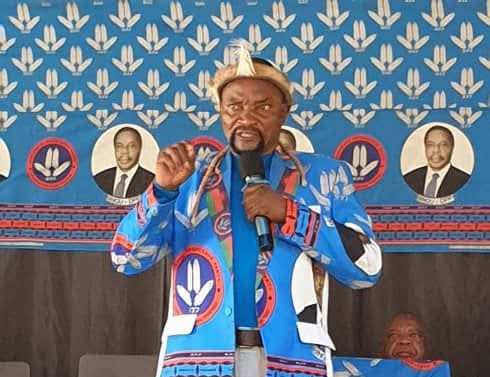By Draxon Maloya
In a surprising turn of events, Zimbabwe’s President Emmerson Mnangagwa has opted to forgo attending this year’s United Nations General Assembly (UNGA).
The decision, announced earlier this week, has been attributed to a combination of economic turbulence and natural calamities affecting the nation.
President Mnangagwa, who has been a regular attendee of the UNGA in previous years, cited the pressing need to address domestic issues as the primary reason for his absence.
Zimbabwe is currently struggling with significant economic challenges, including inflation and currency instability, which have placed immense pressure on the country’s financial system.
Additionally, recent natural disasters, such as severe droughts and floods, have exacerbated the situation, impacting agricultural productivity and food security.
In a statement released by the President’s office, Mnangagwa emphasized the importance of focusing on national priorities during these trying times. “While the United Nations General Assembly remains a crucial platform for international dialogue and cooperation, the current economic and environmental crises demand my immediate attention at home,” the statement read.
The President’s decision has sparked a range of reactions both domestically and internationally. Some analysts argue that his presence at the UNGA could have provided an opportunity to garner international support and aid for Zimbabwe’s ongoing struggles. Others, however, support his choice to prioritize addressing the urgent needs of the Zimbabwean people.
As the UNGA proceeds without Zimbabwe’s head of state, the international community will be closely watching how the country navigates its current challenges.
The absence of President Mnangagwa underscores the delicate balance leaders must maintain between global engagement and domestic responsibilities, particularly in times of crisis.




